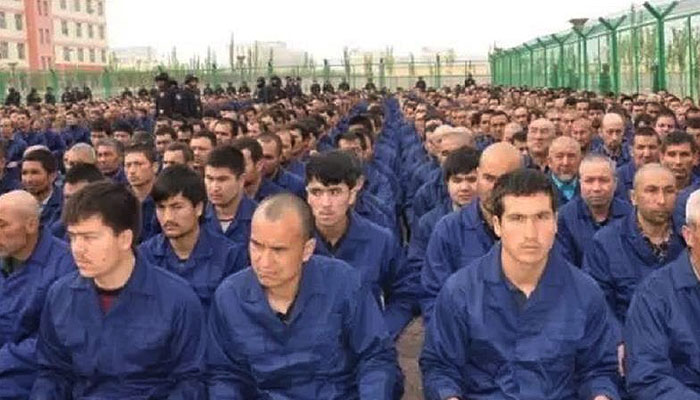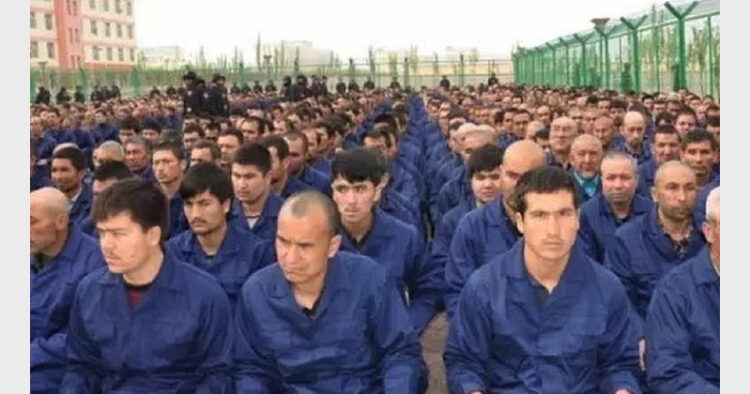
As per the Australian Strategic Policy Institute, 80,000 Uyghurs were transferred out of Xinjiang to work in factories across China between 2017 and 2019, and some of them were sent directly from detention camps. Under environments that strongly suggest forced labour, Uyghurs are working in factories that are in the supply chains of at least 83well-known global brands in the technology, clothing and automotive sectors, including Apple, BMW, Gap, Huawei, Nike, Samsung, Sony and Volkswagen. To revive its economy after coronavirus pandemic, China is forcing Uyghur Muslims to work in factories, even infected with the coronavirus.
Why the Muslim world is silent?
Miserable conditions in which Uyghur Muslims are forced to work include:
• being subjected to intimidation and threats, such as the threat of arbitrary detention, and being monitored by security personnel and digital surveillance tools
• being placed in a position of dependency and vulnerability, such as by threats to family members back in Xinjiang
• having the freedom of movement restricted, such as by fenced-in factories and high-tech surveillance
• isolation, such as living in segregated dormitories and being transported in dedicated trains
• abusive working conditions, such as political indoctrination, police guard posts in factories,
‘military-style’ management, and a ban on religious practices
• excessive hours, such as after-work Mandarin language classes and political indoctrination sessions that are part of job assignments.
As per the International Labor Organization (ILO), all the above condition indicates forced labour. The US and world will do a favour to Uyghur Muslims by moving global supply chain base out of China.
During the current spread of coronavirus, The Trump administration is working on an executive order to limit the US’s supply chain vulnerabilities and dependence on China in critical sectors of our economy. It is strongly recommended that Trump administration should permanently remove or atleast reduce the US supply chain base from China.
The companies using forced Uyghur labour in their supply chains could find themselves in breach of laws which prohibit the importation of goods made with forced labour or mandate disclosure of forced labour supply chain risks.
Note: This report is based on the content and analysis from the Australian Strategic Policy Institute’s policy note published on March 1, 2020.













Comments